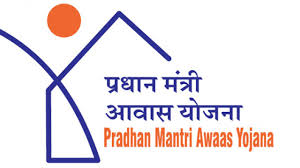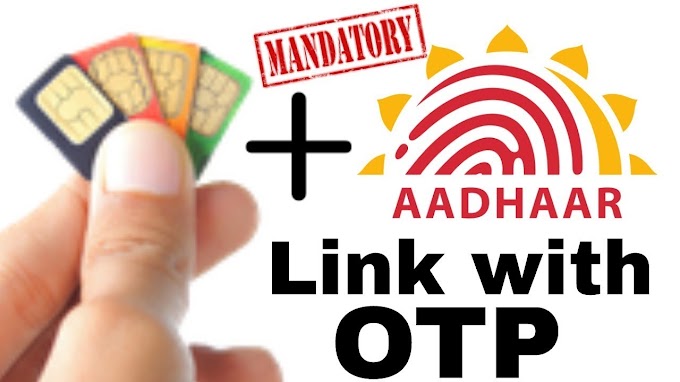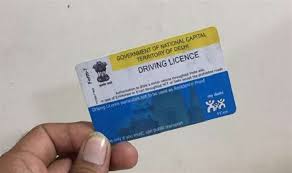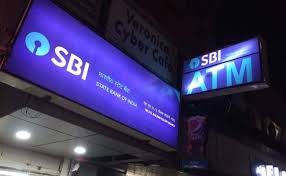State Bank of India (SBI) offers a special type of savings bank account, known as the basic savings bank deposit or BSBD account. A zero balance savings account, the BSBD account does not require the customer to ensure any particular balance.
However, withdrawals from this account are limited. The BSBD account - offered by SBI - comes with a free debit-cum-ATM card and a passbook without any charge, according to SBI's corporate website - sbi.co.in. SBI's BSBD account can be opened by any individual by taking up KYC (Know Your Customer) verification.
However, withdrawals from this account are limited. The BSBD account - offered by SBI - comes with a free debit-cum-ATM card and a passbook without any charge, according to SBI's corporate website - sbi.co.in. SBI's BSBD account can be opened by any individual by taking up KYC (Know Your Customer) verification.
Here are some details about SBI's zero balance account:
Mode of operation
One can open SBI's BSBD account singly, jointly, or on an either or survivor basis.
Interest rates
SBI offers the same interest rates on deposits in BSBD accounts as applicable to regular savings bank accounts. Customers with Rs. 1 lakh or more in their savings account earn an interest of 3.25 per cent, whereas those with less than Rs. 1 lakh in their savings bank accounts earn interest at the rate of 3.50 per cent, according to the SBI website.
Benefits
A basic RuPay ATM-cum-debit card is issued free of cost and no annual maintenance charge is applied. The receipt/ credit of money through electronic payment channels like NEFT (National Electronic Funds Transfer) /RTGS (real time gross settlement) is free. The deposit/ collection of cheques drawn by central/ state governments is also free for holders of such account. There is no charge on activation of inoperative accounts and closure of accounts, according to SBI's website.
Withdrawal limit
A maximum of 4 withdrawals in a month is allowed in case of a BSBD account, including ATM withdrawals at own and other bank's ATMs and transactions through other mode including RTGS/NEFT/clearing/branch cash withdrawal/transfer/internet debits/standing instructions/EMI, etc. No further customer debits are allowed during the month, according to SBI's website.
Condition
The customer cannot have any other savings bank account with the bank if he/she holds a Basic Savings Bank Deposit (BSBD) account. If the customer already has a savings bank account, the same will have to be closed within 30 days of opening a BSBD account, according to the SBI website.















